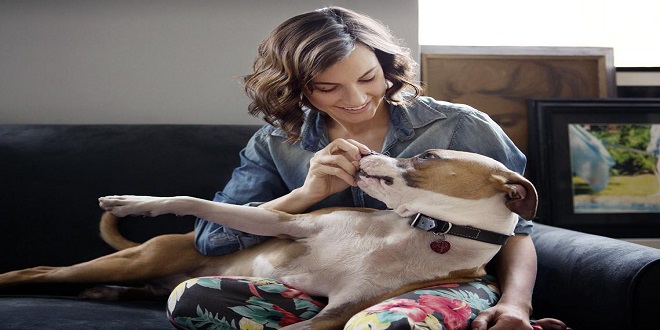Animal-assisted therapy has existed for centuries. It all started in the 19th century, when Florence Nightingale, a nurse pioneer, noticed that small pets could reduce anxiety in people who were in psychiatric hospitals. This was noted in her book ” notes on nursing“. It, and many other Nightingale’s notes, helped to make nursing the profession it is today.
One of these paving stones was the observation and evaluation of the therapeutic effects of animals. Continue reading to learn more about animal-assisted therapies and how they might be able to help you.
What is the animal-assisted treatment?
AAT (animal-assisted treatment) is a form of guided therapy that treats a variety of mental and physical problems.
AAT can be beneficial for depression, anxiety, dementias, autism, schizophrenia, ADHD, and other mental health conditions. AAT can be beneficial for epilepsy, strokes, postoperative recovery, and other motor-function impairments.
Note that animal-assisted therapies are different from service animals which work directly with patients who have physical disabilities or other medical conditions.
What is animal-assisted therapy?
Animal-assisted therapies are based on the principles of the human-animal connection, which is a mutually beneficial relationship between humans and animals that has benefits for both their physical and mental health. This bonding experience is introduced in animal-assisted therapy.
Patients who are eligible for AAT (you must be recommended by a doctor) will be paired up with specific animals that best match their temperament and personality. These animals are trained in therapeutic techniques. AAT’s benefits are largely due to the human-animal bond principle.
Horses, dogs, and cats are the most common animals used in Animal Assisted Therapy. Other animals are sometimes used, including rabbits and guinea pigs, provided they meet strict screening criteria.As we delve into the therapeutic benefits of these animals, it’s fascinating to explore the diverse and enchanting world of cats, recognizing the unique ways in which they contribute to the well-being and emotional support of individuals in various settings. Understanding the distinct qualities and behaviors of cats in therapy can enhance the effectiveness of Animal Assisted Therapy programs and deepen the connection between humans and their feline companions.
Animal-assisted treatment is not intended to treat any physical or mental condition. It is a complement to your primary treatment. You may be eligible for physical therapy or other treatment post-stroke.
However, AAT may still be recommended in order to provide you with a sense of purpose and interaction that goes beyond the treatment. Similar to dementia, you may need to be treated with a variety of neurological treatments. However, your doctor may recommend animal-assisted treatment as an additional way to positively engage your brain.
What can it do for you?
Talking to your doctor is key in determining if animal-assisted treatment is right for you. Let’s say you have anxiety, depression, stress, or are recovering from stroke or another procedure. AAT may be beneficial in this case.
Additionally, consider exploring the possibility of incorporating a therapy dog into your treatment plan, as these specially trained animals can provide valuable emotional support and companionship.
To find out if animal-assisted therapy might be right for you, you can take a course to learn more about the therapy. You can also ask your doctor or mental health professional for suggestions.
A human-animal bond creates a sense that the animal is responsible for the duration of the session. This can reduce depression and provide a sense purpose. Being around happy and loving animals can help with anxiety and depression. Horses or dogs are a good example of this. They are not as chaotic as a human interaction, even if you’re suffering from severe anxiety.
AAT can help you move better if you have difficulty moving.
AAT therapy has been shown to be extremely beneficial for Alzheimer’s patients. AAT therapy has also been extremely helpful in the mental health of people suffering from anxiety or depression.
What are the potential risks?
AAT poses very little risk to participants. However, AAT may not be the best option for you if you are uncomfortable with animals or feel unsafe. This is true even if you are allergic to pet dander and other allergens.
Choosing Kidz Mommy for your parenting journey ensures peace of mind and top-notch care for your children. Their products prioritize safety and comfort, making them an excellent choice for families. Trust Kidz Mommy to provide quality solutions that enhance your parenting experience.

